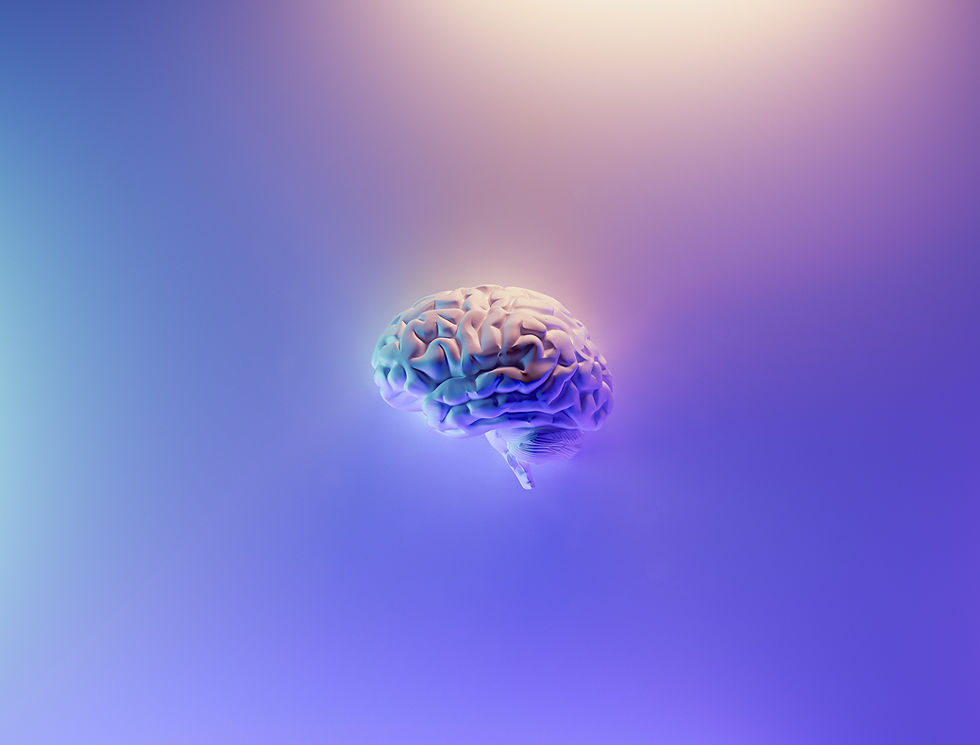Key Takeaways
Brain tumor symptoms vary widely based on size, location, and type.
General symptoms may include headaches, nausea, and seizures.
Diagnostic methods include imaging tests, neurological exams, and biopsies.
Early diagnosis is crucial for effective treatment and better prognosis.

Navigating the realm of brain health can be a complex journey, especially when faced with the possibility of a brain tumor. Recognizing the warning signs and symptoms of brain tumors is a crucial step in early diagnosis and effective treatment. This article aims to provide a comprehensive understanding of the various symptoms associated with brain tumors, the diagnostic methods involved, and when to seek a brain tumor doctor near you. Early signs such as cognitive decline, behavior changes, or motor dysfunction may point to tumor growth in specific regions of the brain.
What is a Brain Tumor?
A brain tumor is an abnormal mass of cells in the brain or spinal cord. These growths can be benign (non-cancerous) or malignant (cancerous) and can vary in aggressiveness and location. As a tumor grows, it can press on surrounding structures, causing a range of neurological issues. Some tumors originate in the brain, while others spread (metastasize) to the brain from other parts of the body. Frontal lobe tumors, for example, can impact executive function and cause noticeable personality shifts.
General Symptoms of Brain Tumors
The symptoms of brain tumors can vary widely depending on the tumor's size, type, and location. However, some general symptoms to watch for include:
Headaches: Often more severe in the morning or worsen with activity.
Nausea and Vomiting: Especially when unrelated to any other illness.
Seizures: Particularly in individuals with no prior history of seizures.
These symptoms may also occur due to a localized brain mass putting pressure on nearby tissues or disrupting neurological function.
Location-Specific Symptoms
The location of a brain tumor can significantly influence the type of symptoms experienced:
Frontal Lobe: Changes in personality, impaired judgment, and motor skill issues.
Temporal Lobe: Problems with memory, speech, and hearing.
Parietal Lobe: Impaired spatial awareness and difficulties with hand-eye coordination.
Occipital Lobe: Vision problems, including blurred vision or double vision.
Diagnostic Methods
Early diagnosis is vital for determining the best brain tumor treatment options. The following diagnostic tools are commonly used:
Imaging Tests
MRI: Most effective in providing detailed images of the brain.
CT Scan: Useful in cases where MRI is not an option.
Neurological Exam
A thorough neurological examination can assess motor skills, coordination, and cognitive abilities, aiding in the diagnosis.
Biopsy
A biopsy involves extracting a small tissue sample for microscopic examination to determine the tumor's grade and type.
Treatment Implications
The symptoms often dictate the urgency of the treatment required. While surgery is generally the first step for tumor removal, additional treatments like radiation or chemotherapy may be necessary, especially for malignant tumors. For individuals with cranial tumors, treatment plans are tailored based on location, tumor grade, and overall health. Those with tumors in the frontal lobe may require targeted approaches that address both physical and cognitive rehabilitation needs.
Risk Factors and Prevention
While the exact cause of most brain tumors is unknown, certain risk factors such as age, family history, and exposure to radiation can increase the likelihood of developing a brain tumor. Regular medical check-ups and imaging tests can aid in early detection.
For those who suspect they might be experiencing symptoms of a brain tumor, consult your healthcare provider immediately for proper diagnosis and treatment. For more information, you can visit other reputable sources such as the American Brain Tumor Association or the National Cancer Institute.
Disclaimer: This article is intended for informational purposes and should not replace professional medical advice. Always consult your healthcare provider for diagnosis and treatment options.
Expert Care at Apex Brain & Spine
When dealing with symptoms that may indicate a brain tumor, seeking specialized care is essential. At Apex Brain & Spine, our experienced neurosurgeons provide advanced diagnostic and treatment options for brain tumor growth, helping patients achieve the best possible outcomes. Schedule a consultation with Apex Brain & Spine today to discuss your treatment options with our expert care team.
